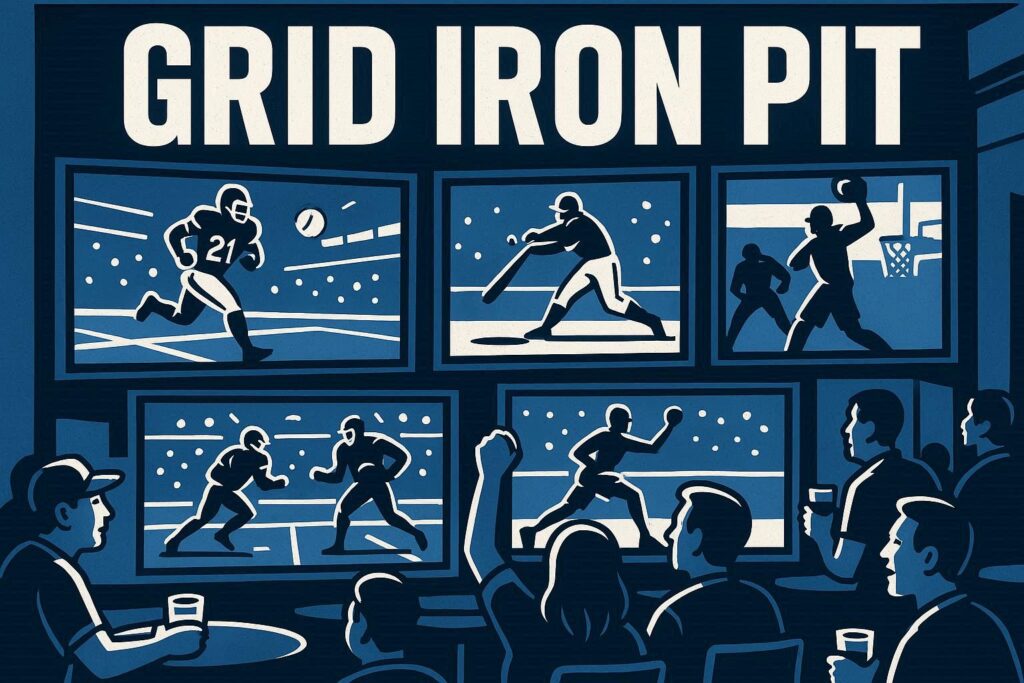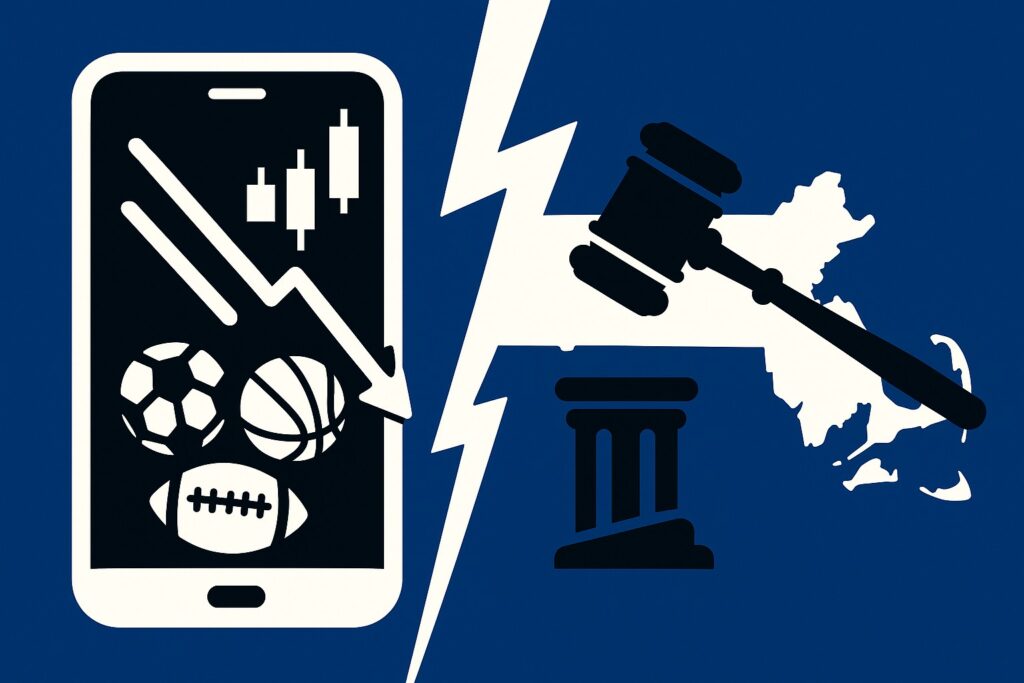The CEO of one of the most up-and-coming lottery gaming and technology providers is surprised at the slower-than-expected pace of online lottery growth in the United States.
“I think anybody in the industry is a little surprised that there haven’t been more iLottery platforms that have launched,” Brad Cummings, CEO of Louisville-based EQL Games, said in an interview with Comped.
Although, there’s a caveat.
“Yet, at the same time, I remember a presentation I saw last year at one of the gaming conferences that said casino gaming launched basically one state a year for 25 years straight,” Cummings said. “And I think we’re definitely outpacing that.”
Status of legal online lottery jurisdictions
He’s right.
Illinois launched the first online lottery platform in the US in late 2012. Georgia soon followed suit. Michigan joined the party in 2014, Kentucky in 2016, and Pennsylvania in 2018. All in all, over the 13 years since Illinois broke the seal, 16 jurisdictions have legalized iLottery.
So far in 2025, both Kansas and West Virginia have officially rolled out online lottery platforms. Massachusetts had initially planned to launch its iLottery system this year, but the timeline has been pushed back, with a new target date set for spring 2026. Tennessee also quietly began allowing Powerball purchases via its app this year, but a bill passed this legislative session puts the future of those mobile purchases in doubt.
Still, no new states have legalized iLottery in 2025. It wasn’t long ago that industry analysts were predicting an iLottery explosion, and that, frankly, hasn’t happened yet.
Comped dug into the trend — or lack thereof — with Cummings.
Biggest obstacles for iLottery growth?
To Cummings, the largest obstacle to iLottery growth is “perception.”
Specifically, from the brick-and-mortar side of the debate.
“Retailers, very understandably, think that it’s going to eat into their business,” he said. “So there’s a lot of that kind of back and forth when a lottery wants to start an iLottery platform. The reality is that every lottery that has launched an iLottery platform, both their retail and their digital business increased.”
Cummings is of the opinion that the more lottery gaming options there are available to players, the more they’ll play overall with all options. It’s the same argument online casino proponents use to support iGaming legalization and refute casino cannibalization claims.
During a 2024 legislative hearing for a bill that would have legalized iLottery in Ohio, lawmakers provided statistics that stated Pennsylvania’s retail lottery sales increased almost 20% when the state launched an online lottery in 2018. They also provided states saying that, since Kentucky launched its online lottery in 2017, retail sales have increased 56%.
“It’s the reason why you don’t have one restaurant in the middle of nowhere,” Cummings said. “Whenever you see a restaurant, there’s almost always another one right there, because there’s a value of having more product being offered to a similar customer base. … And so I look at it in the same way when you talk about adding digital to existing retail lottery.
“Sometimes it might be hard to shift your business model over to digital, but it’s a necessary thing. I’m 47, so I’m kind of in that bridge gap where I’m as likely to go to a retail shop as I am to use my phone, but [for those younger than me] nothing really happens that’s not on the phone.”
Cummings summed up his thoughts about as straightforward as you can get:
“It’s a necessary move for lotteries.”
Figuring out which state will legalize next? Think regionally
Cummings said he’s not “going to make any predictions as to exactly which states are coming up” in terms of iLottery legalization. His company currently works with U.S. online lotteries in Michigan, Virginia, and Washington, DC, and they’ll add partnerships with four or five more states in the coming 12-18 months.
He did say, however, that there is certainly a regional trend when it comes to online lotteries.
“I also don’t think it’s any mistake that it’s kind of going east to west,” Cummings said, “because lottery has traditionally been the strongest on the east. The more east you go in the U.S., the stronger the lotteries tend to be. So it makes sense that that innovation will start to matriculate across the country east to west as well.”
Of the 16 jurisdictions to legalize iLottery, only two are in Central Time — North Dakota and Tennessee. The rest are in Eastern Time.
In terms of what’s on the horizon … Senate Bill 197 would legalize iGaming and an online lottery in Ohio. That bill is currently in the committee stage. But that’s about it. Louisiana briefly considered a bill that would have legalized iLottery this year, but it was tabled to 2026. Maryland passed a bill — but it was just to allow online purchases for draw game subscriptions.
Most online lottery movement this year has involved lottery courier apps, which have been banned in Connecticut and Texas, and Indiana outlawed them at least until the state legislature can consider launching an iLottery.
On the other side, Arizona joined New Jersey and New York as the only states to regulate lottery couriers.
Speaking of regulation: Cummings said online sweepstakes operators have reached out to him to use EQL Games products for lottery sweeps platforms, but Cummings has said no.
“We work in a very regulated market,” he said. “Until there’s clear regulation around the products like that, we’re not interested in getting involved. I think the lottery space deserves to have studios and content providers that understand regulated markets. We’ll stick to those kinds of markets so that we can keep the business relationship as clean as possible.”





